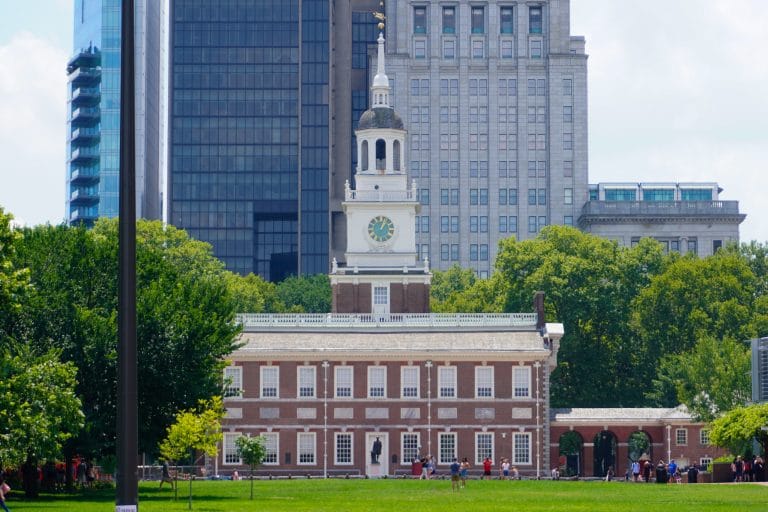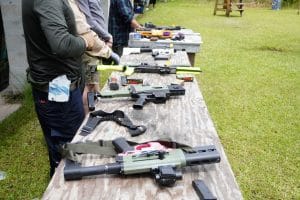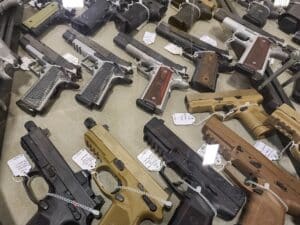The Pennsylvania Supreme Court’s ruling on Wednesday may have allowed a challenge to Harrisburg’s local gun ordinances to continue, but its impact is likely to be more far-reaching than just that.
Standing in cases like this has traditionally been understood to require a person to violate the law in question in order to contest its lawfulness in court. But as it was put so eloquently by one of the Justices in the case: “The choice between engaging in arguably constitutional activity and facing potential prosecution, or forfeiting one’s rights and abstaining from potentially protected conduct altogether, presents precisely the kind of choice that confers standing.”
By ruling that the plaintiffs in the case Firearm Owners Against Crime, et al. v. City of Harrisburg, et al had standing to sue the city, even though they hadn’t been charged under any of the local gun laws in question, the Court established an important precedent for pre-enforcement challenges by gun owners across the state. And it’s one that could have a huge impact across the state and, perhaps, even the rest of the country.
To be clear, preemption battles are nothing new in Pennsylvania courts. Cities like Pittsburgh and Philadelphia regularly test the limits of Pennsylvania’s firearm preemption statute by passing new local gun restrictions and routinely have them challenged in court.
In 1996, the preemption statute was used by the Pennsylvania Supreme Court to strike down assault weapons bans in both Philadelphia and Pittsburgh in the case Ortiz v. Commonwealth. Similarly, Philadelphia saw seven gun-control ordinances—including another assault weapon ban—struck down under state preemption in the 2008 case Clarke v. House of Representatives.
Yet despite this history of losing in court, Pennsylvania cities continue to pass the same laws with minor tweaks to try to skirt the preemption statute. With the state high court’s recent ruling, any gun owner impacted by these cities’ attempts to pass gun laws will likely be able to secure standing to sue, making it all the more likely that illegal local restrictions that go beyond what state law allows will fail.
Gun-control proponents have often backed these plays as intentional challenges to preemption, but they’ve had little success and now appear to be moving towards legislative efforts instead. Indeed, there has already been some movement in that direction in recent history. Philadelphia filed suit against the state last year over the preemption law, and a state representative from Pittsburgh introduced two bills earlier this year that would remove the state’s preemption statute altogether.
With a Republican-controlled state legislature, such a repeal is almost certainly going to fail. But future iterations of the legislature, with a change in the majority, could see it succeeding. Repeals of firearm preemption statutes are no longer an unprecedented move.
This past June, the legislature in Colorado repealed its preemption law, becoming the first state to ever repeal a firearm preemption statute. Local and municipal governments now have the ability to pass any firearm restriction, including a complete ban on licensed carry, provided it is not less restrictive than state law.
This was done by a Democrat-controlled state legislature frustrated by a court ruling that struck down the city of Boulder’s assault weapons ban under state preemption. Subsequently, candidates for Boulder city council have already been suggesting reinstating the assault weapons ban, creating a mandatory waiting period for gun purchases, and even completely banning concealed carry.
Virginia moved to weaken its preemption law in 2020 after Democrats took complete control of the state government. Localities can now place further restrictions on where those with gun-carry permits can bring their guns.
However, barring a shift in political power of the sort that happened in Colorado and Virginia or an aberrant ruling in the Philadelphia case against the state, Pennsylvania gun owners have better odds of fighting off local gun control laws going forward. And the state’s approach could spread to others down the line.






